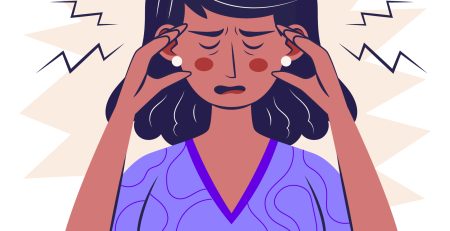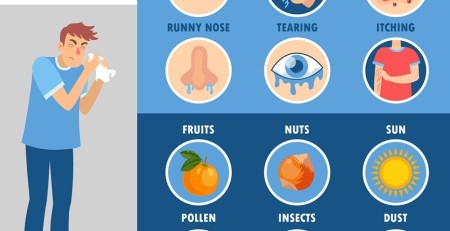Thriving in Winter : Boosting Your Mental Health
Battling the Winter Blues: Effective Strategies for Seasonal Mental Health Challenges
As the days grow shorter and temperatures drop, many people experience a decline in mental well-being, commonly referred to as the “winter blues.” For some, this seasonal dip in mood is mild, while for others, it can escalate into Seasonal Affective Disorder (SAD), a form of clinical depression linked to seasonal changes.
Lisa Hallberg, a manager with the Saskatchewan Health Authority (SHA) Mental Health and Addiction Services team, emphasizes that individual responses to winter-related mental health challenges vary based on personal stressors and coping mechanisms.
“There’s more hours of darkness right now and cold temperatures that can make it really difficult to get outside and be active, more so than other months of the year. And it can be more difficult to practice some strategies that may help us feel better and have better mental health. So things like getting outside, connecting with others, looking after our physical health—all those things can be a little more difficult at this time of year.”
Proven Strategies to Boost Mental Health in Winter
Despite the seasonal hurdles, there are effective ways to combat the winter blues and maintain emotional well-being. Experts recommend the following strategies:
1. Increase Exposure to Natural Light
Shorter daylight hours mean less sunlight exposure, which can impact serotonin levels and disrupt the body’s internal clock. Consider these approaches:
- Spend time outdoors whenever possible, especially during midday when sunlight is strongest.
- Keep curtains open to allow natural light into your home and workspace.
- Use a light therapy lamp, which mimics sunlight and can help alleviate symptoms of SAD. Studies have shown that light therapy can significantly improve mood and energy levels in those affected by seasonal depression.
2. Stay Physically Active
Regular exercise is a powerful tool for mental well-being. Movement boosts endorphin levels and helps combat fatigue and stress.
- Try winter-friendly activities like snowshoeing, skating, or skiing.
- If outdoor exercise isn’t an option, consider indoor workouts such as yoga, home-based cardio, or joining a gym.
- Dancing to music at home can also elevate mood and reduce feelings of isolation.
3. Nurture Social Connections
Isolation is a significant contributor to winter-related mood declines. Making an effort to stay connected with others can help counteract loneliness:
- Schedule regular meet-ups with friends or family.
- Engage in community events or volunteer work.
- Join a hobby group or virtual social activities if going out is difficult.
- Make time for video calls with loved ones who may be far away.
4. Prioritize Nutrition and Sleep
What you eat and how well you sleep play a crucial role in mental health.
- Consume a nutrient-rich diet high in omega-3 fatty acids (found in fish, flaxseeds, and walnuts), vitamin D (found in fortified dairy products and fatty fish), and complex carbohydrates (such as whole grains) to help stabilize mood.
- Limit sugar and processed foods, which can lead to energy crashes and mood swings.
- Maintain a consistent sleep schedule, as sleep disturbances are common in winter and can worsen mood issues.
5. Practice Mindfulness and Stress Reduction Techniques
Finding ways to relax and manage stress can help build emotional resilience during the winter months.
- Engage in deep breathing exercises or progressive muscle relaxation.
- Try journaling to process emotions and track mood patterns.
- Explore creative outlets such as painting, writing, or playing music.
- Use guided meditation or mindfulness apps to promote relaxation and positive thinking.
Seeking Professional Support
For those struggling with seasonal or persistent mental health challenges, professional resources are available:
- Envision Counselling and Support Centre and the Canadian Mental Health Association offer various services.
- Students can access school counselors, and Kids Help Phone (1-800-668-6868) provides call, text, and chat support.
- The Suicide Crisis Line (9-8-8) and the Health Line (8-1-1) offer confidential mental health assistance. (Verify your local helpline number as the numbers may differ per region)
- Speaking with a family doctor or reaching out to a supportive friend or family member can be a first step toward getting help.
Hallberg encourages offering support to those who may be struggling:
“Maybe it’s even sitting down with them and making the phone call or connecting with some online or virtual services that are available. Sometimes people need that extra support and that nudge of a supportive person taking those first steps with them.”
The winter months can be challenging, but by adopting proactive strategies, individuals can navigate seasonal mental health struggles more effectively. Prioritizing self-care, maintaining social connections, and seeking support when needed can make a significant difference in managing winter blues and promoting emotional well-being.











